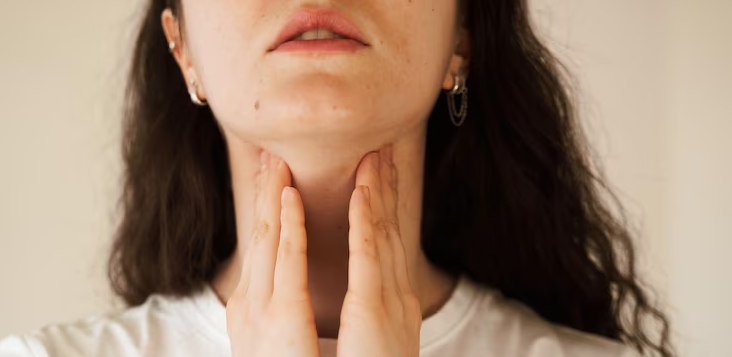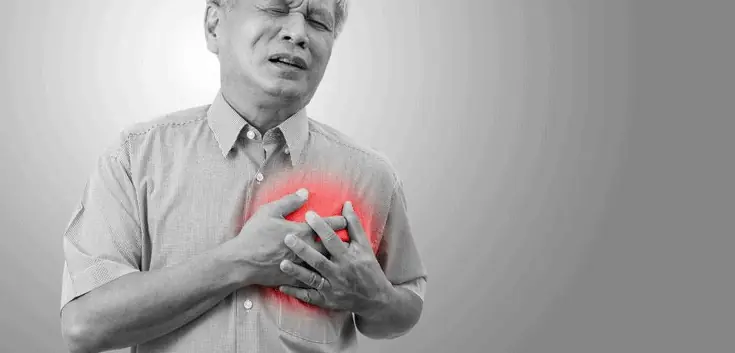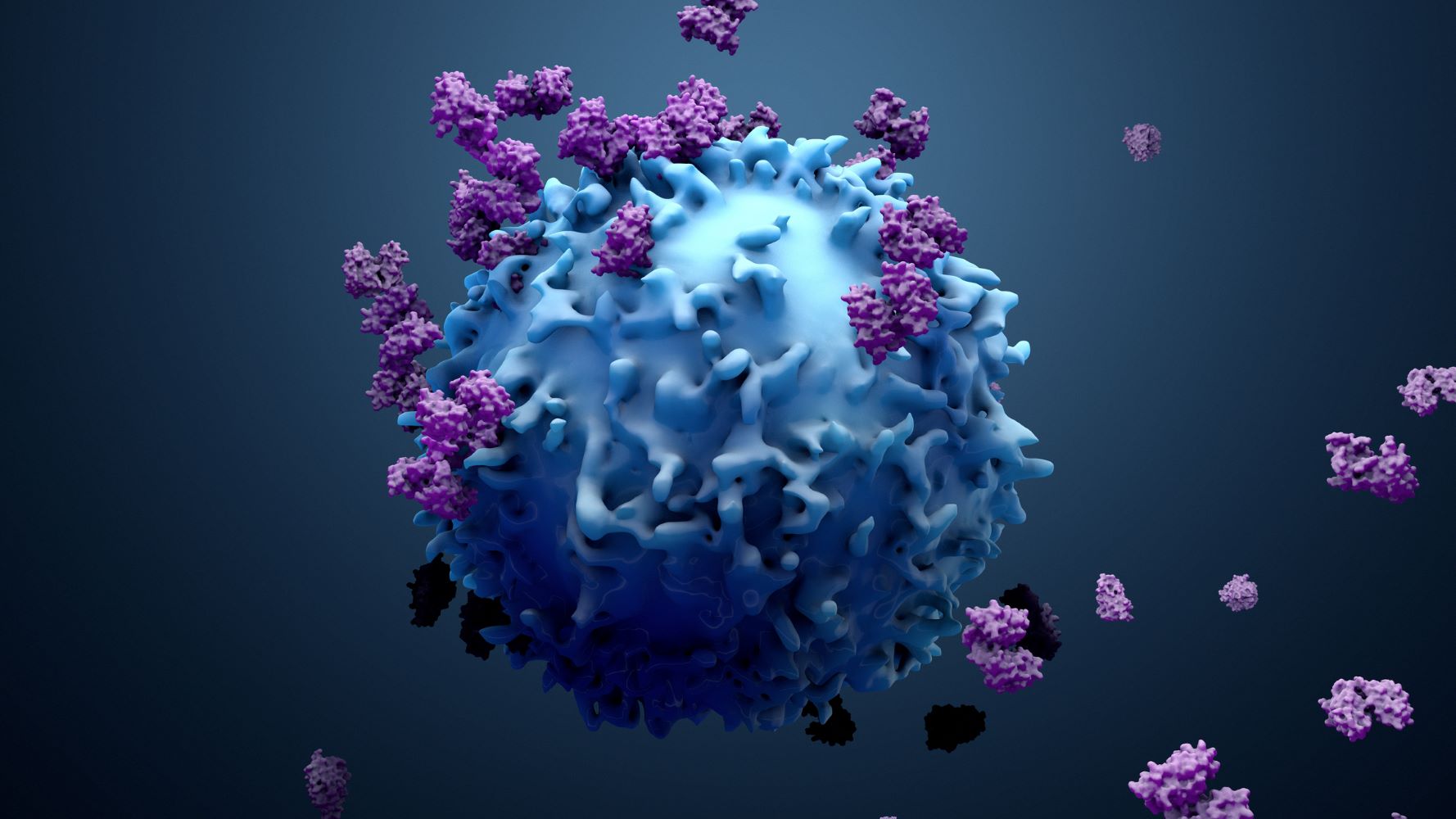KRAS is widely mutated in human cancers, resulting in unchecked tumor proliferation and metastasis, which makes identifying KRAS-targeting therapies a priority. Herein, we observe that mutant KRAS specifically promotes the formation of the ERK2-p53 complex in stomach/colorectal tumor cells. Disruption of this complex by applying MEK1/2 and ERK2 inhibitors elicits strong apoptotic responses in a p53-dependent manner, validated by genome-wide knockout screening. Mechanistically, p53 physically associates with phosphorylated ERK2 through a hydrophobic interaction in the presence of mutant KRAS, which suppresses p53 activation by preventing the recruitment of p300/CBP; trametinib disrupts the ERK2-p53 complex by reducing ERK2 phosphorylation, allowing the acetylation of p53 protein by recruiting p300/CBP; acetylated p53 activates PUMA transcription and thereby kills KRAS-mutant tumors. Our study shows an important role for the ERK2-p53 complex and provides a potential therapeutic strategy for treating KRAS-mutant cancer.Copyright © 2022 The Author(s). Published by Elsevier Inc. All rights reserved.















